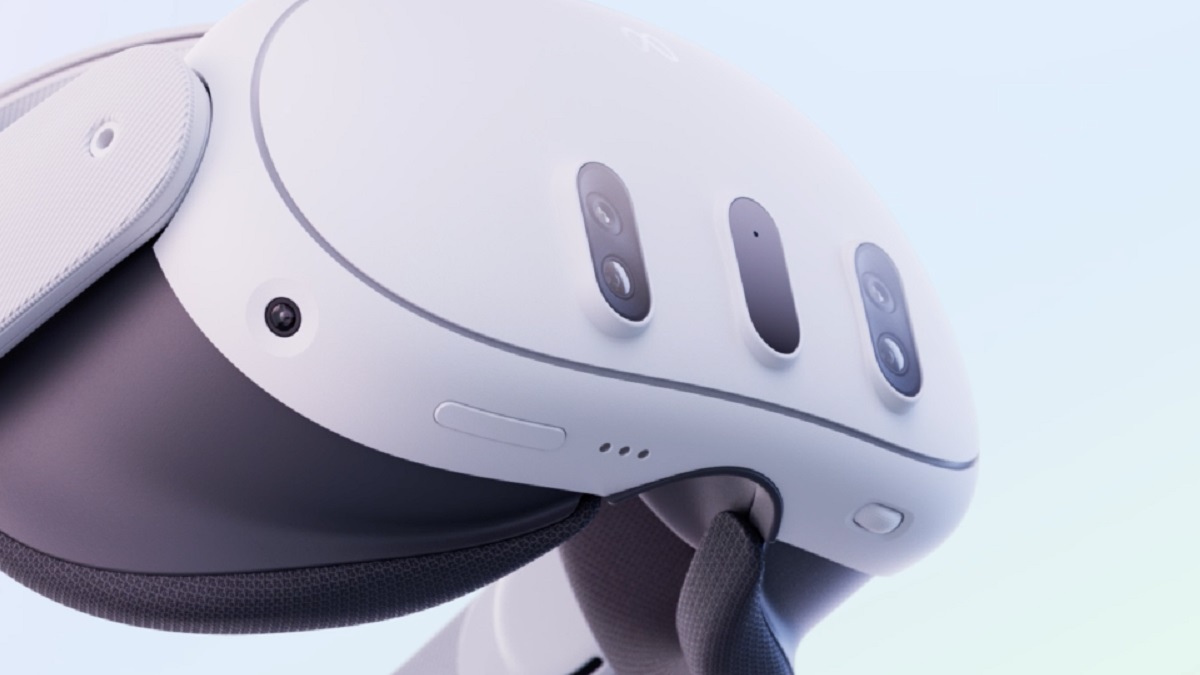Today Meta announced “a new era for mixed reality” and unveiled a surprising plan to let third-party developers use its operating system.
The newly renamed Meta Horizon OS will bring the Quest and Rift OS to new, more specialized devices, and the company already announced some of its new collaborators. ASUS is working on a “performance gaming headset” as part of its Republic of Gamers brand. Lenovo is making “mixed reality devices for productivity, learning, and entertainment,” and Microsoft is partnering with Meta to make an Xbox-inspired Quest device. Handy, considering you can use a beta version of Xbox Cloud Gaming on a Quest.
Meta is taking some inspiration from Google’s Android OS here, and the company drew a clear parallel in its announcement, writing: “As we’ve seen with the PC and smartphone industries, consumers are best served by a broad hardware ecosystem producing both general-purpose computing devices and more specialized products, all running on a common platform.” This move could make Meta’s OS the go-to platform for VR and AR devices, and its hefty suite of partnerships is sure to push that front.
At the same time, Meta is also making some changes to its App Lab, a platform that lets just about anyone publish an app on Meta devices. The App Lab will now be openly featured in the also-newly renamed Meta Horizon Store, which should make finding the newest, strangest VR apps quite a bit easier. Alongside that, Meta is trying to promote more mixed reality experiences by allowing developers to apply for access to its “spatial app framework” that’s designed to make bringing mobile apps to the Meta Horizon OS easier.
It’s unclear how open Meta is going to be with its OS, but even if it’s only working with certain companies on Meta OS-powered devices, this could still be hugely impactful for VR and AR development. The Metaverse hasn’t really taken off, but with new devices like the Apple Vision Pro, Meta Quest 3, and PlayStation VR 2, it’s an exciting time for VR in general and VR gaming in particular. Personally, I’m still not sold on strapping a headset to my face to workout or jump on a Zoom with my coworkers, but any move that leads to even more high-quality VR games has my interest.








